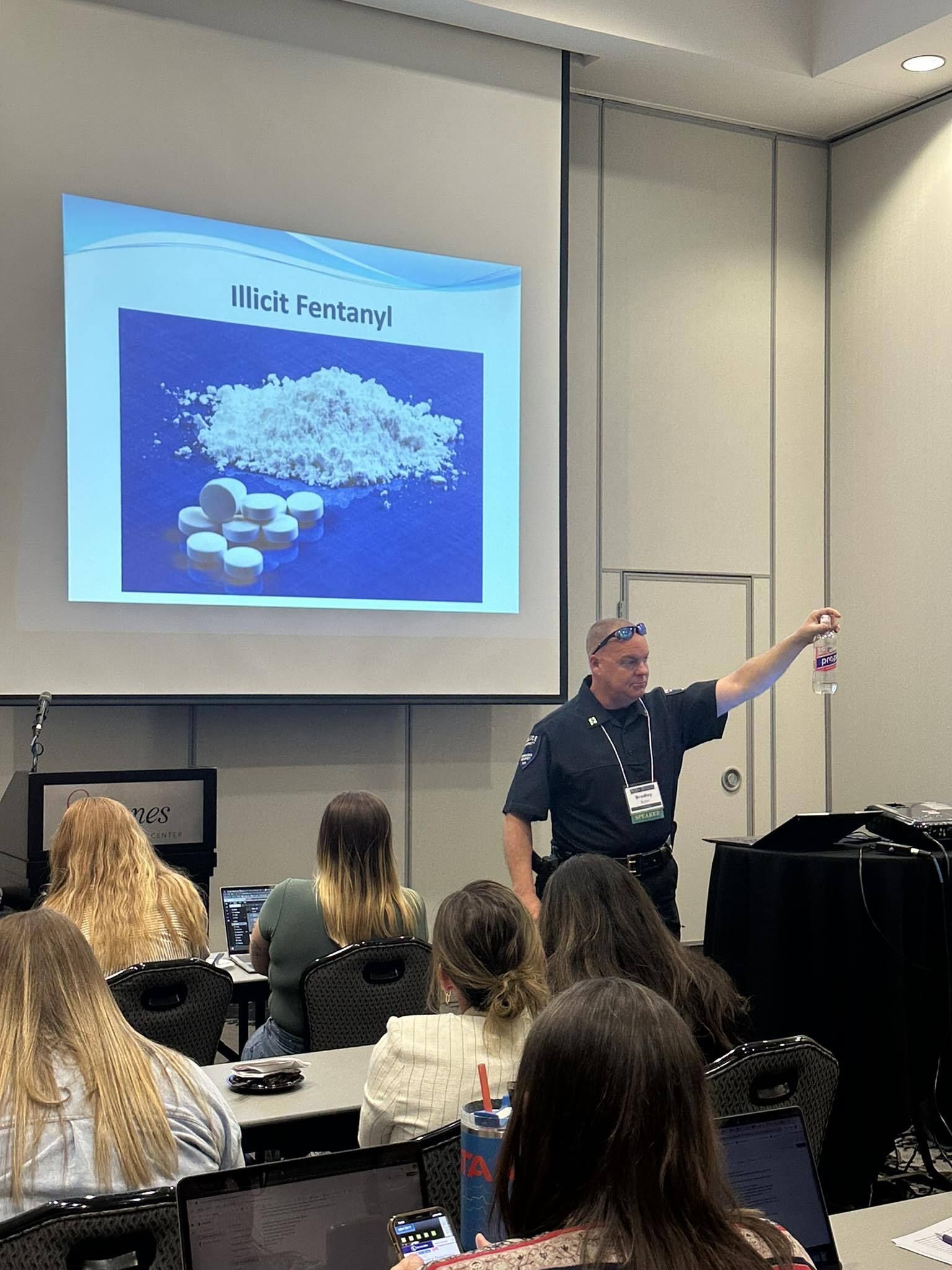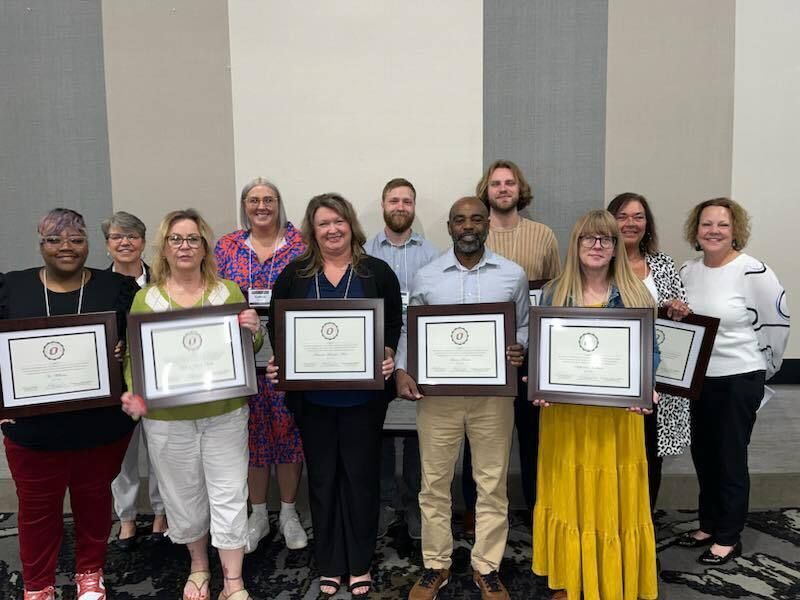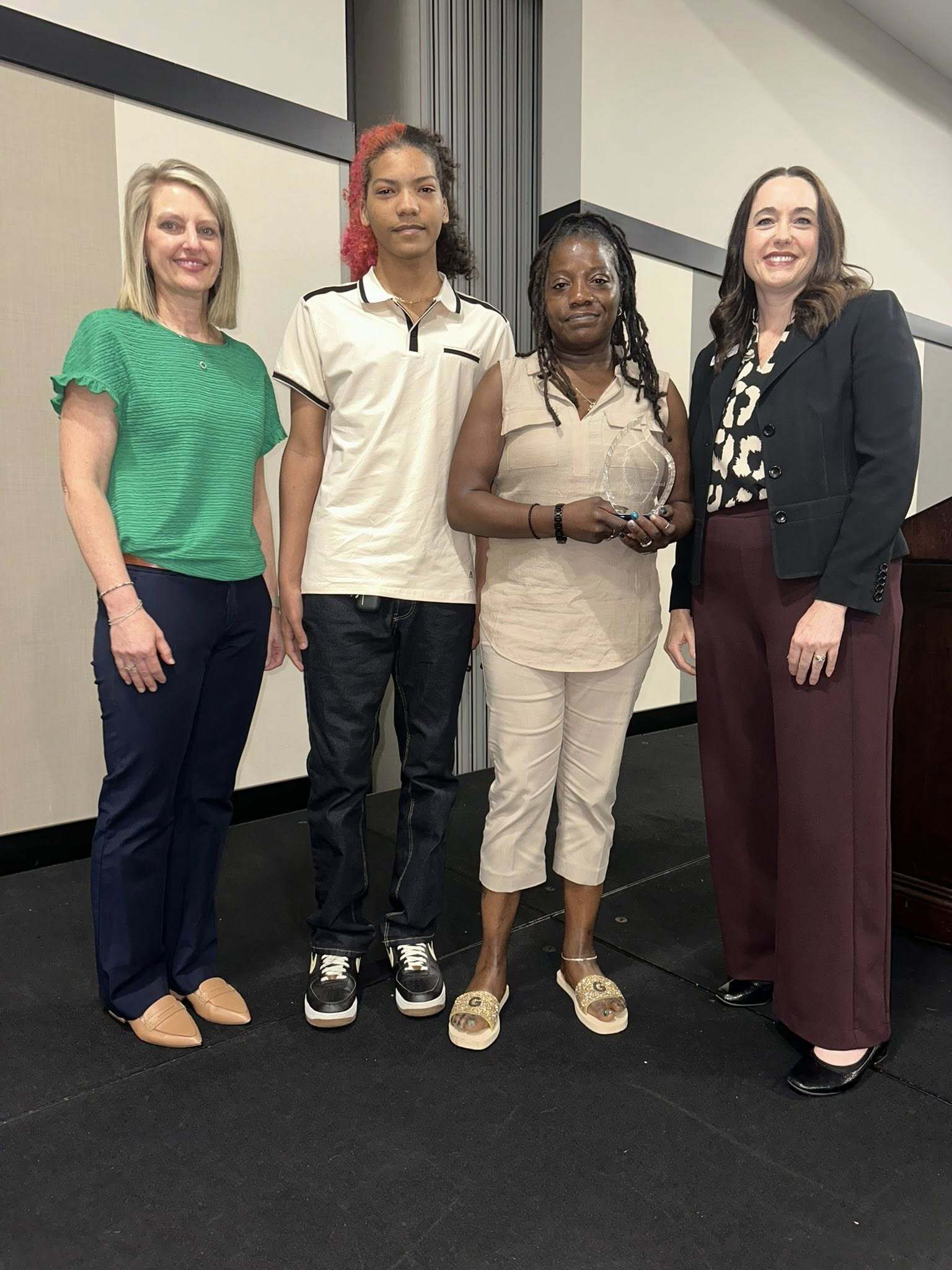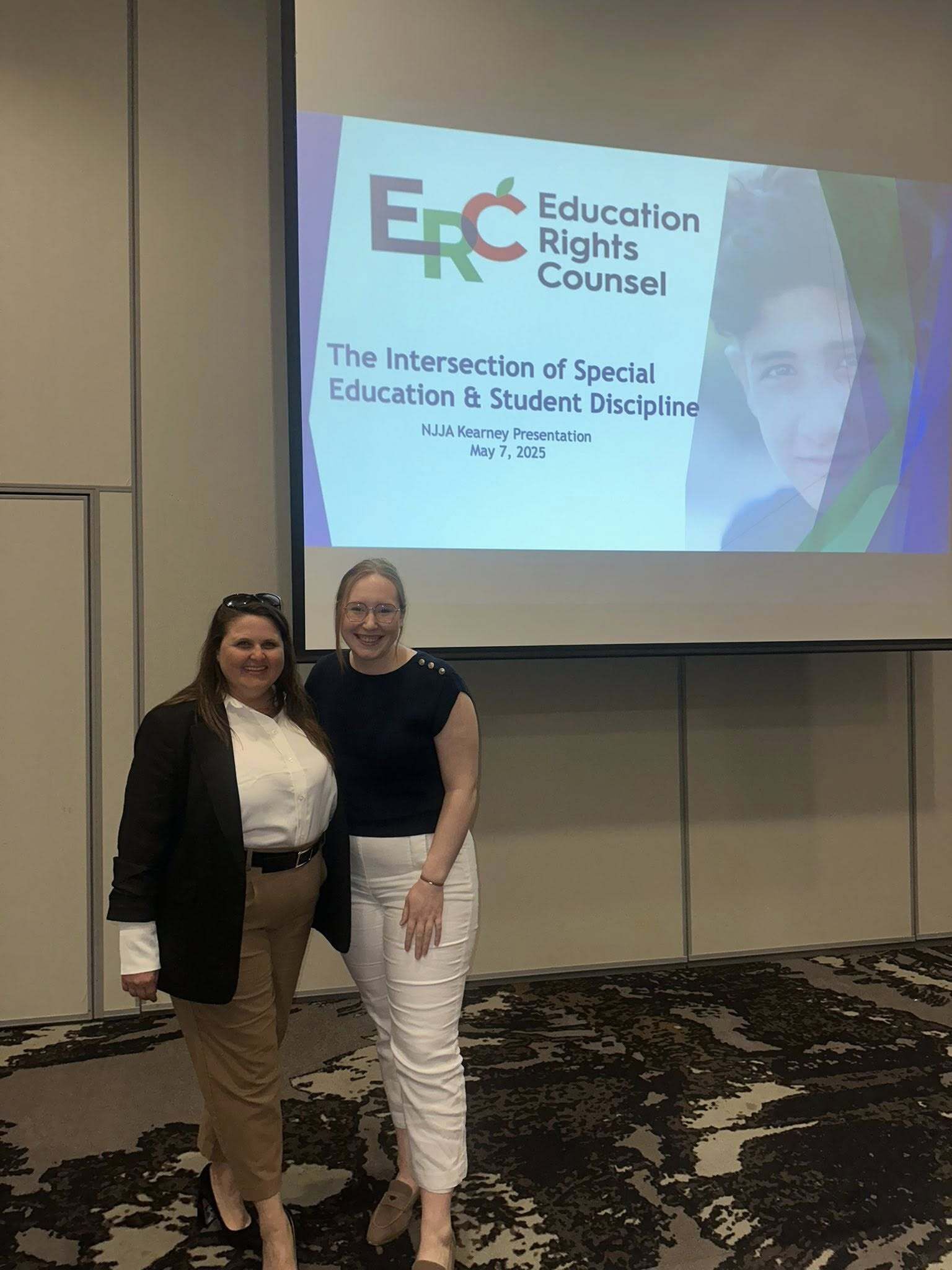
The Greek philosopher Plato once said, “Music gives a soul to the universe, wings to the mind, flight to the imagination and life to everything.” Thousands of years later, and these words still ring true.
No matter how old you are, what your musical taste is or whether or not you can read a note, there’s never a wrong time to learn how to play an instrument. In fact, there are significant advantages to learning music. Check out these five health benefits from playing music.
1. Music makes you smarter.
Over the years, studies have consistently shown a correlation between musical training and academic success in both children and adults. Even when an adult learns to play a musical instrument for the first time, it stimulates the brain and improves functions such as memory and abstract reasoning skills. This is because playing music releases brain-building compounds like BDNF, CREB and synapsin I, neural growth factors that strengthen your mental capabilities. Therefore, if you want to be smarter, start by picking up an instrument.
2. Music gives community.
Not only does music improve your mental health, but it can also benefit your social health, as well. There are a variety of music communities out there for you to get plugged into. Even for solo musicians, you can still find groups, friends and online environments to share tips, ask questions and expand your skill. If you decide to pick up a musical instrument, don’t go at it alone. Join a musical group in your area to develop relationships with different kinds of people, build leadership skills and grow together as a team. This communal environment can dramatically improve your social wellbeing.
3. Music provides creativity.
As you grow in music, you also stretch your mental and emotional health through creativity. Music challenges individuals to try new things, work on distinct tactics and expand their creativity. This can be remarkably beneficial for your emotional health. In fact, music can help you process through emotions by playing music you enjoy, experimenting with melodies or writing your own songs. As you learn a musical instrument, lean into the challenge by embracing your creative side. Your overall health will thank you for it.
4. Music relieves stress.
Because music gives you an opportunity to process creatively through thoughts and emotions, it also allows you to relieve stress. Multiple studies have shown how playing music can genuinely make people happy. One study cited by Inc. even found that listening to and playing music reduced anxiety and lowered levels of depression in participants. Instead of wallowing in your concerns, music gives you an outlet to focus your energy on a positive activity, relieving your stress, lowering blood pressure and getting your heart rate down, so you feel better physically, mentally and emotionally.
5. Music builds confidence.
Ultimately, music can even help build your confidence, improving your full-range of health. There’s no feeling like setting a goal, putting in time and energy towards it and eventually reaching your accomplishment and mastering a song. The more effort you engage towards music, the more it will improve your confidence and strengthen your health. If you want to feel better throughout your daily life, consider picking up an instrument and giving it a try.
There’s no doubt that learning and playing music provide a multitude of benefits. This week, consider trying music for yourself for a happier, healthier lifestyle.









